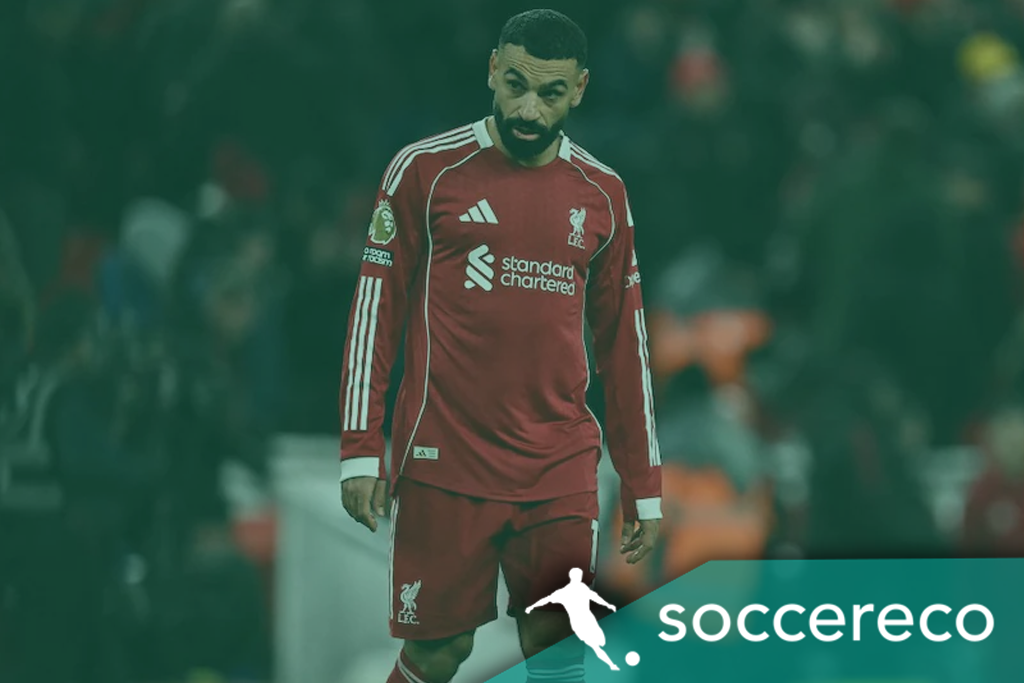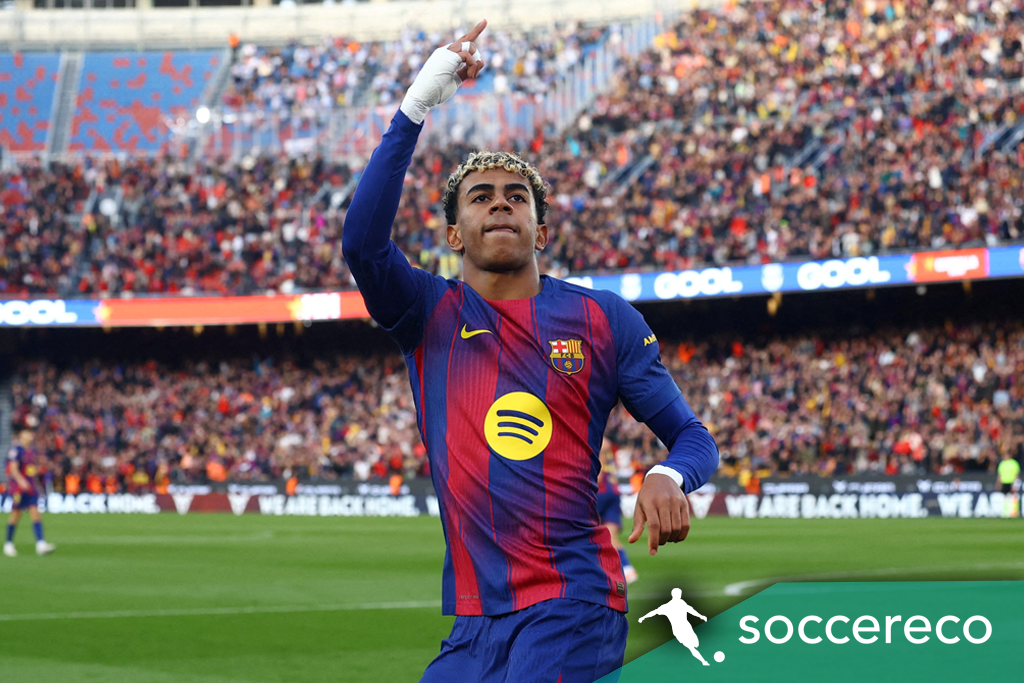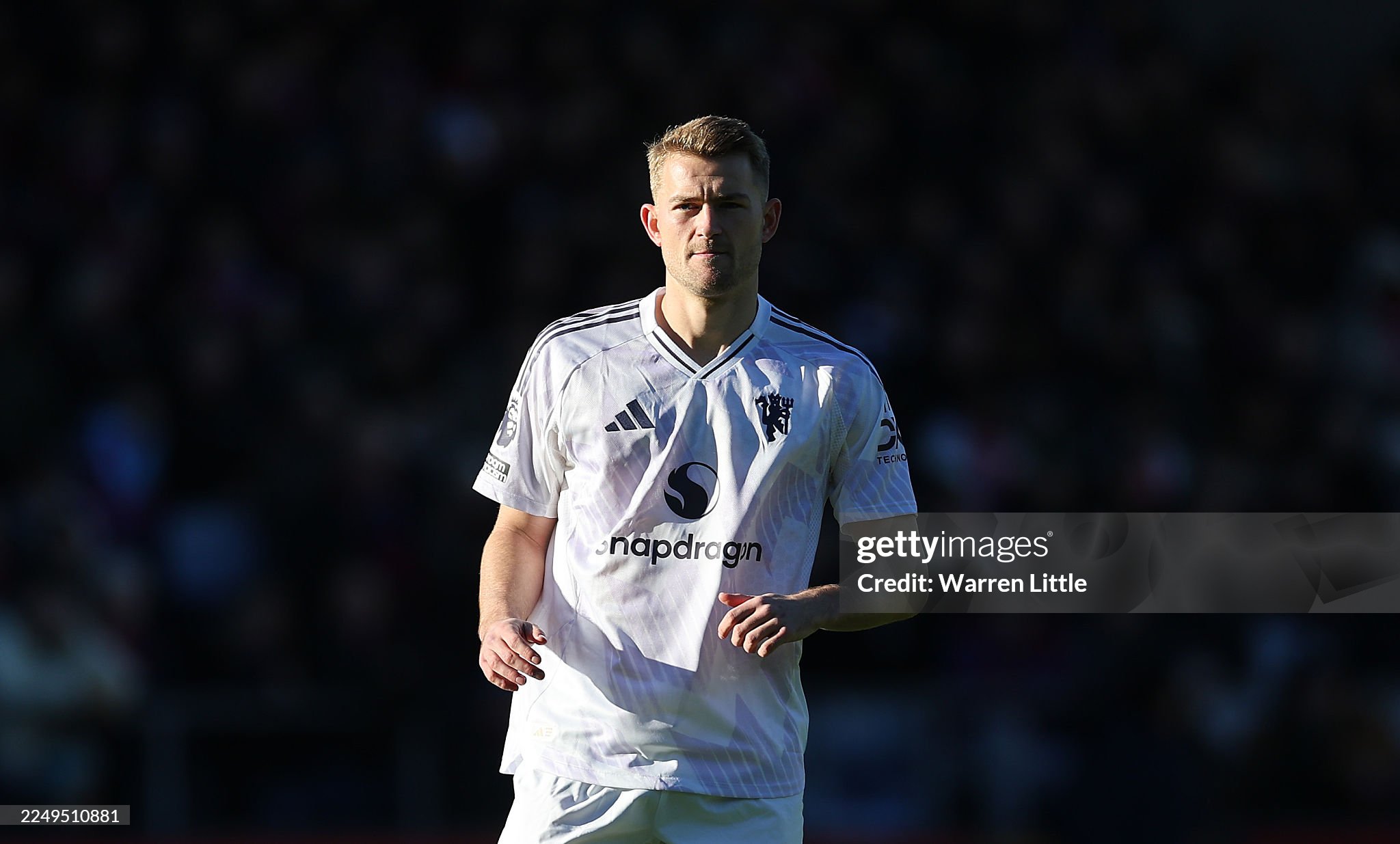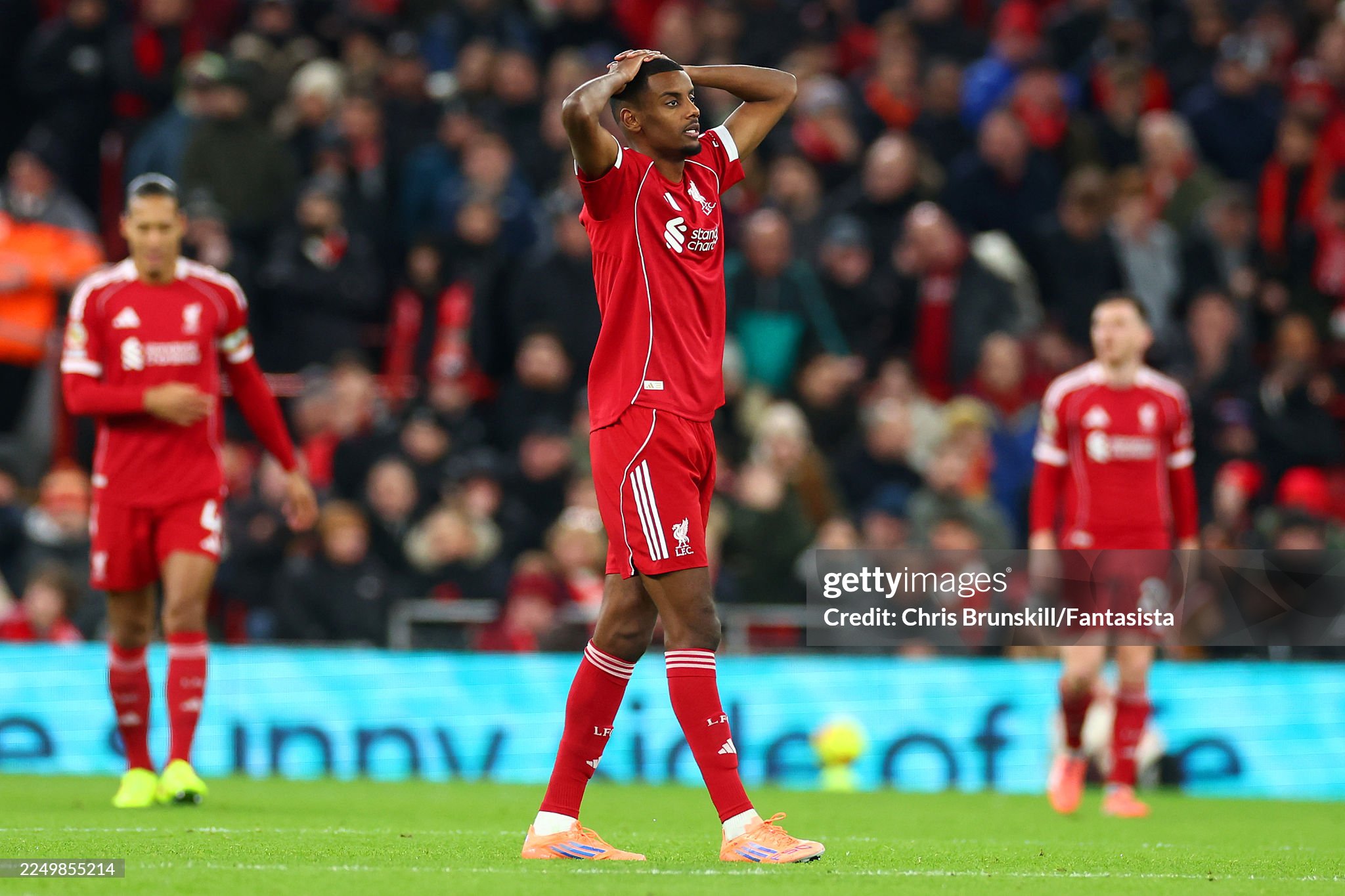The English media are full of praise for Matthijs de Ligt after the league match between Liverpool and Manchester United at Anfield. The Dutch international, especially in the first half, proved to be unbeatable and later in the game saw his fellow defender Harry Maguire score the winner.

The English media are full of praise for Matthijs de Ligt after the league match between Liverpool and Manchester United at Anfield.
The game finished 1–2 to Manchester United, a result that instantly shifted the tone around the club and framed the Dutch defender as a decisive figure on a difficult afternoon. De Ligt, especially in the first half, gave a performance that combined timing, anticipation, and authority. Later in the game he watched his fellow defender Harry Maguire score the winner, which turned a strong defensive display into a statement victory.
In England, an interesting statistic emerged shortly after the final whistle. No central defender has won more defensive duels this season than De Ligt. After the first eight Premier League games, he has won 37 duels, three more than another former Ajax player, Calvin Bassey from Fulham. Another former Eredivisie defender, Marcos Senesi, also ranks high, with 29 defensive duels won. These are not empty numbers. At Anfield they were visible in the way De Ligt stepped out of the line to challenge at the right moments, covered the space behind the full backs, and managed Liverpool’s rotations between the lines.
Player Club Defensive duels won
Matthijs de Ligt Manchester United 37
Calvin Bassey Fulham 34
Chris Richards Crystal Palace 33
Nordi Mukiele Sunderland 32
Bafodé Diakité Bournemouth 30
The first half was where the platform for the result was built. De Ligt repeatedly read the game one pass ahead, choosing the right time to engage and the right time to delay. When Liverpool tried to isolate him near the corner of the box with quick combinations and diagonal runs, he did not dive in. Instead he shifted his feet, kept his body open to both runner and ball, and funneled play into less dangerous areas. United’s midfield screen benefited from this restraint. With fewer emergency tackles required, the distances between lines stayed compact, which allowed the visitors to launch quicker transitions of their own.
United’s structure without the ball depended on the back line making clear decisions. De Ligt led that process. He communicated the height of the line, organized when to squeeze, and demanded that set piece marks were passed on cleanly. Liverpool’s front line thrives when panic sets in and second balls are not claimed. De Ligt took most of the chaos out of those moments. On aerial deliveries he attacked the first contact, and on loose balls he made sure the second contact did not become an immediate shot. That rhythm is often the difference at Anfield, where momentum can turn in an instant if a defense hesitates.
The build up phase also showed why De Ligt’s presence matters. When United tried to play through pressure, he offered simple but effective solutions. A firm pass into midfield at the right angle, a short carry to draw a presser, or a switch that allowed the full back to step high. He did not attempt to force Hollywood passes. Instead he focused on tempo and security. That approach allowed United to breathe after regaining possession. The team could climb up the pitch in small, reliable steps rather than by gambling on a single long ball.
Manchester Evening News reflected that control by awarding him a rating of 8 and noting that he cleared everything in the first half. It fits a broader pattern. He is the only Manchester United player to have played every minute in the Premier League this season, and at Anfield he showed why that status is deserved. Availability and consistency are superpowers in a season that often tests squads to their limit. Coaches value a defender who can deliver the same concentration level every three days. Teammates value it even more because it builds trust in the line.
After the game, De Ligt spoke to Stan Sport and emphasized the psychological lift this win should bring. It was the first time under manager Rúben Amorim that Manchester United had won back to back league matches, something that should help reset the dressing room mood. He underlined how long that wait had been and how beating Liverpool at Anfield, the reigning champions, adds a layer of belief that numbers alone cannot capture. Players feel these milestones. They are signals that the work on the training ground is starting to translate under pressure.
There was also a human angle before the match. De Ligt mentioned that people had been stopping him in the street and telling him to be ready. For a fixture like this, supporters project their hopes onto the players they trust the most. De Ligt interpreted that as a reminder of responsibility. United had lived through a stretch of difficult moments last season, and this season has not been flawless either. Delivering a performance like this one, in this stadium, gave the fans something to hold on to. That connection between crowd and team is built as much on clean tackles and smart clearances as it is on goals.
The decisive moment arrived when Harry Maguire found the winner, completing a defensive narrative with an attacking headline. Center backs rarely get to define games at both ends. On this occasion, United’s pair did. The goal will make the highlights, but the clean body positions, the backpedal at the right time, and the last step to block a cutback were just as vital. De Ligt’s positioning reduced Liverpool to attempts that were either rushed or from suboptimal angles. For a team that thrives on cutbacks and rebounds, that is a form of suffocation.
Looking ahead, context matters. The last time Manchester United won two consecutive Premier League matches was back in the Erik ten Hag era. The final two games of the 2023–24 season ended in victories against Newcastle United and Brighton and Hove Albion. Brighton is once again the next opponent. That connection is more than a curiosity. Brighton’s approach will ask different questions of United’s defense, with rotations in midfield and width that stretches the back four. The habits shown at Anfield will need to carry over. Line height, communication, and calm distribution under pressure will again be the building blocks.
There is also a broader tactical note. Amorim’s version of United is starting to display a clearer rest defense when the team attacks. With De Ligt anchoring those moments, full backs can support higher up without leaving the center too open. The distances between the center backs and the holding midfielder looked more cohesive. That change helped United deal with Liverpool’s quick counters and second wave attacks, which usually punish teams that switch off after their own chances. If that structure holds, it will not only lower the chance quality against United but also improve the team’s ability to launch controlled counters of their own.
In summary, Anfield provided a stage and De Ligt delivered a performance that justified the attention around him. The scoreline, 1–2 to Manchester United, will carry headline value, but the defender’s authority across defensive duels, aerial contests, and organizational tasks told the deeper story. It was a display of craft and clarity that sets a standard for what this United side wants to be under Amorim. Maintain that level, and the table will start to reflect the progress that was so evident in this match.
Updated: 12:42, 20 Oct 2025








